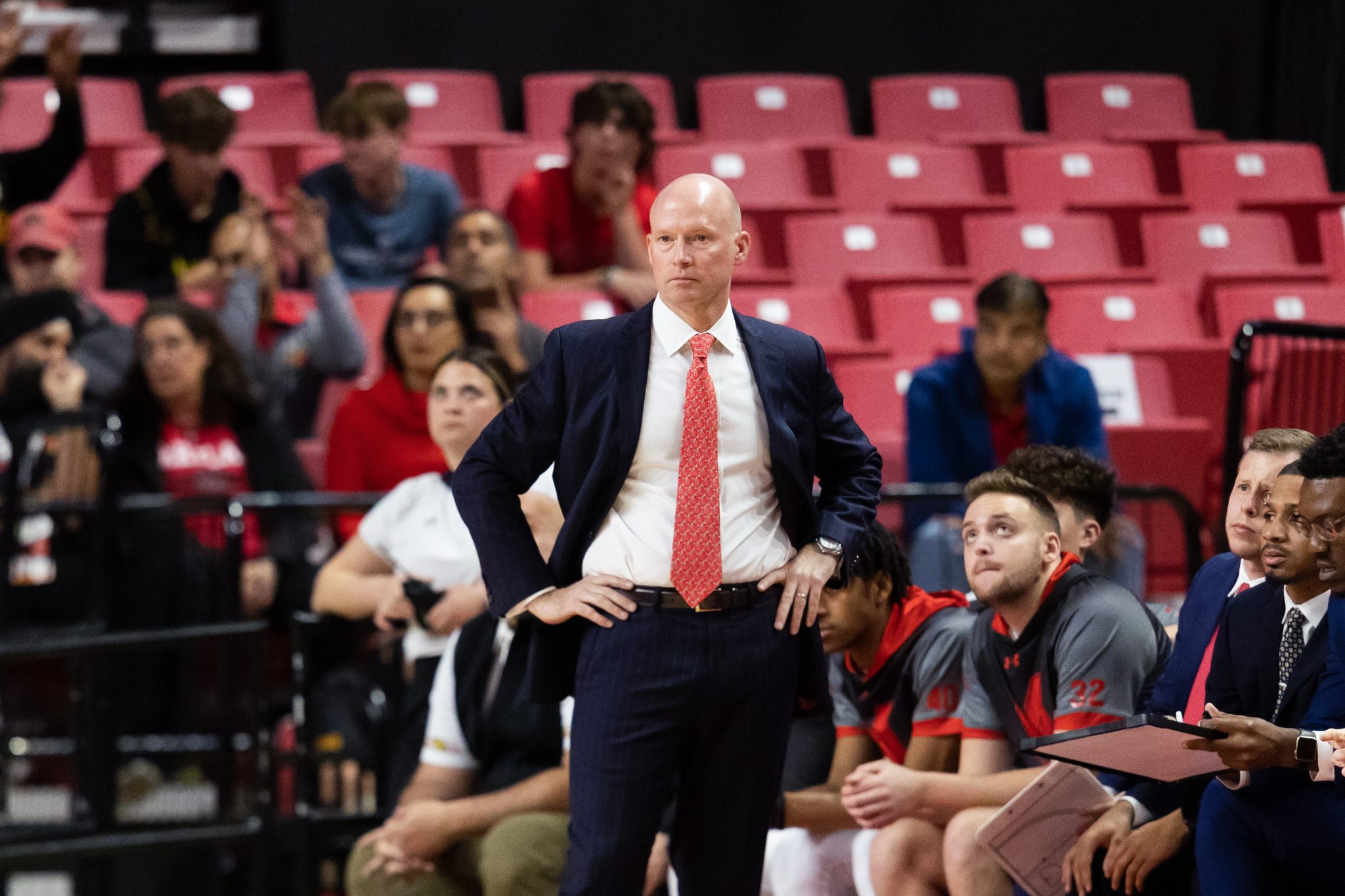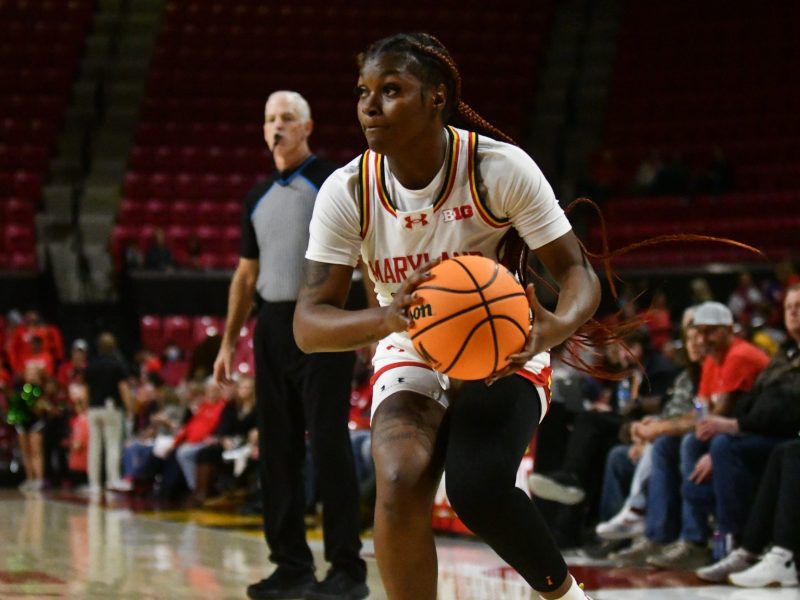Kevin Willard makes a base salary of $500,000 a year, but in reality, the men’s basketball coach earns about $4 million annually thanks to the supplemental income section of his contract.
Like Willard, most head coaches at Maryland receive money on top of their base salary via yearly supplemental income and car and cell phone allowances. Football coach Michael Locksley and women’s basketball coach Brenda Frese earn a majority of the money on their contracts this way. The university pays supplemental income to compensate coaches for media appearances, participation in apparel contracts and promotional fundraising appearances, according to the contracts.
Coaches also have the opportunity to earn bonuses by meeting performance goals, such as winning a Big Ten championship or being voted coach of the year.
Currently, The Diamondback’s annual salary guide only includes information from coaches’ base salaries. The Diamondback submitted a public records request for the employment contracts of each head coach at Maryland in September. Here are the biggest takeaways.
Kevin Willard’s salary is less than Mark Turgeon’s, but he earns more overall
Willard, who accepted the men’s basketball coaching job in March 2022, earns $500,000 a year — $225,000 less than Turgeon’s salary when he was head coach. However, Willard receives a supplemental income of $3.5 million for the 2023-24 contract year. That figure increases by $100,000 each season.
[Maryland football’s senior class has revamped program with three straight bowl games]
If Turgeon had stayed with the team, his supplemental income would have amounted to about $2.8 million during the 2023-24 season. Willard also has the opportunity to earn more through performance goals.
Sasho Cirovski and John Tillman are the only coaches with yearly percentage-based salary increases
Most Maryland coaches receive a cost of living increase to their base salary each year, but men’s soccer coach Cirovski has an additional merit-based salary increase included in his contract. Cirovski’s base salary increases by five percent each year.
Since taking the head coaching job at Maryland in 1993, Cirovski has won three national championships, three Big Ten tournament titles and six ACC tournament championships.
Tillman, who became the men’s lacrosse coach in 2011, has the same merit increase for his annual salary. The Terps have won two national titles with Tillman at the helm.
Women’s lacrosse coach Cathy Reese is eligible for an identical merit increase only when she takes her team to the Final Four. Since becoming head coach in 2007, Reese has five national championships and 12 Final Four appearances.
Women’s golf coach Kelly Hovland is also eligible for merit increases to her salary according to her contract, but the amount is not specified.
Brenda Frese has the highest base salary of current coaches
Frese, who has coached Maryland women’s basketball since 2002, earns a $660,000 per year base salary. That’s 30 percent higher than Willard’s base salary. But Frese will earn less than a third of Willard’s supplemental income at $1.04 million during the 2023-24 season.
[Maryland women’s basketball struggled against UConn in worst offensive outing since 2012]
Frese also has longevity payments written into the contract extension she signed in 2022. Frese will receive $350,000 in June 2024 and another $350,000 in June 2027 if she stays with the Terps.
Missy Meharg earns less from postseason victories
Meharg, who has spent the last 34 years as the field hockey head coach, has a maximum competitive goal bonus of $52,500. If Meharg wins the national title, she will earn $15,000. Tillman earned $85,000 in 2022 across the entire men’s lacrosse championship campaign.
Current baseball coach Matt Swope earns less than his predecessor
Swope was promoted to Maryland baseball’s head coach in June after Rob Vaughn’s departure to Alabama and signed a contract through 2028. The base salary and potential performance goal bonuses of the Terps’ new coach are less than Vaughn’s were.
Swope’s yearly base salary is $38,000 less than Vaughn’s, and his maximum bonus is 56 percent smaller. Vaughn also received $150,000 a year in supplemental income, while Swope’s contract did not mention any extra payments.
CORRECTION: A previous version of this story's graphics misspelled Meghan Ryan Nemzer's name. This story's graphics have been updated.



